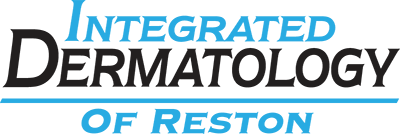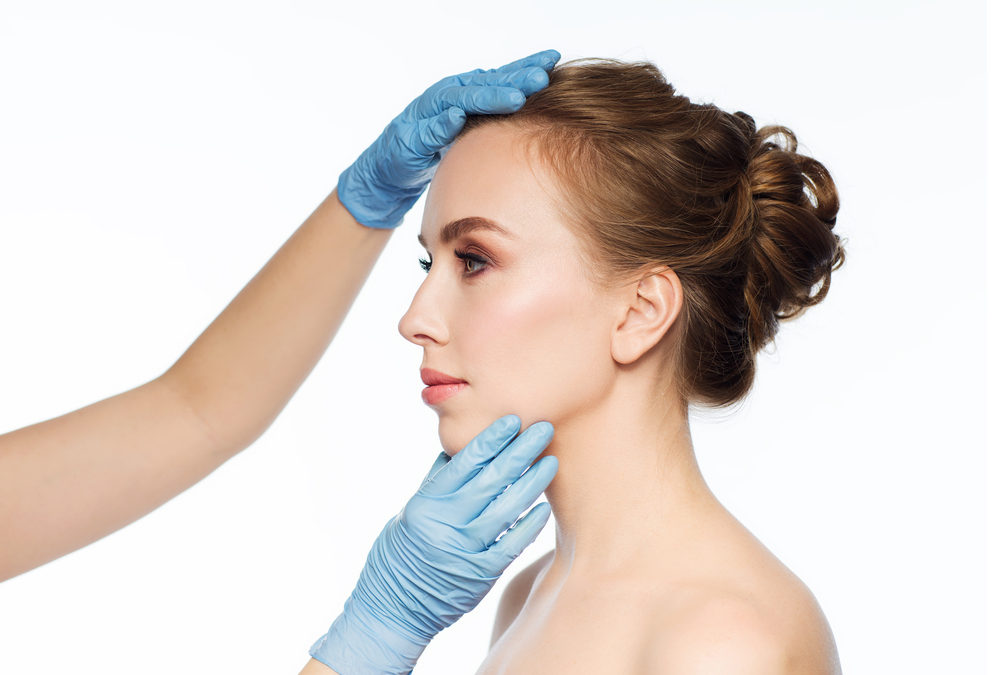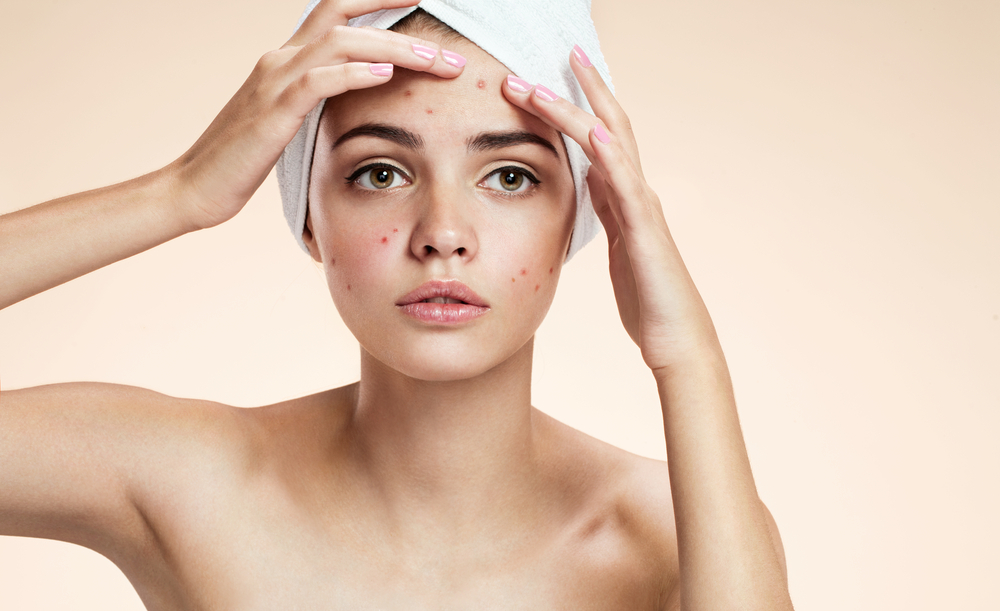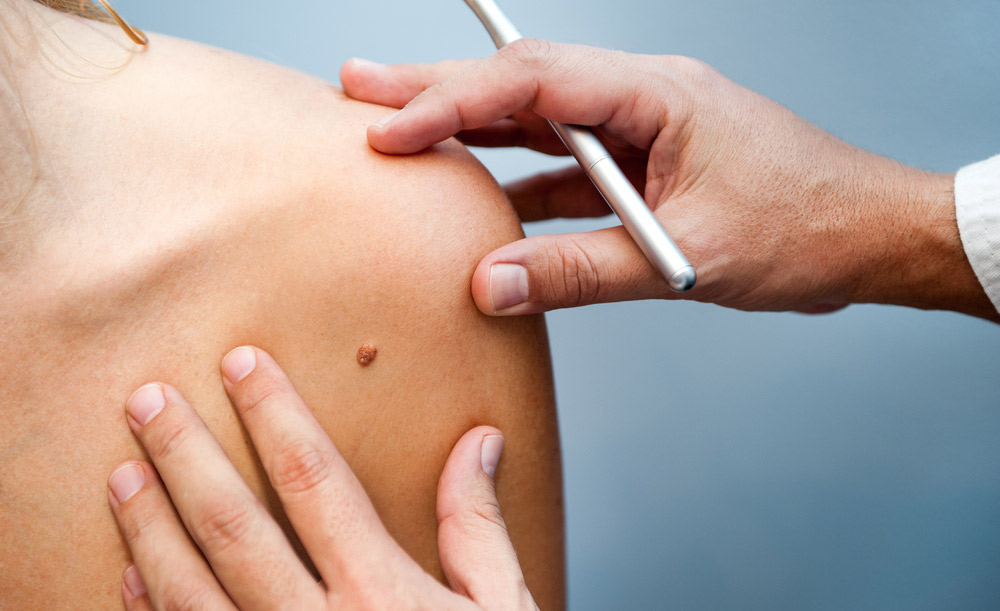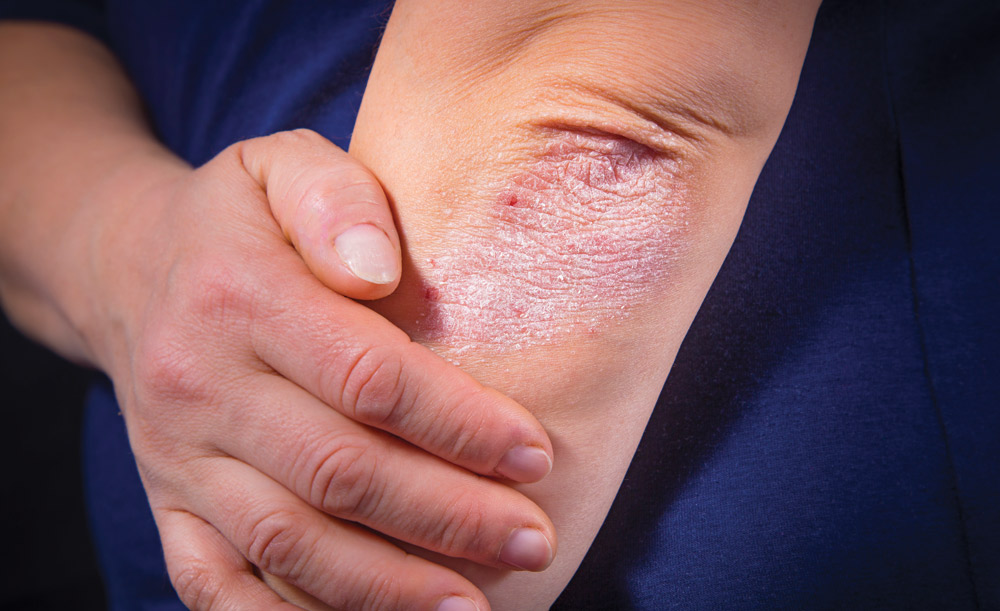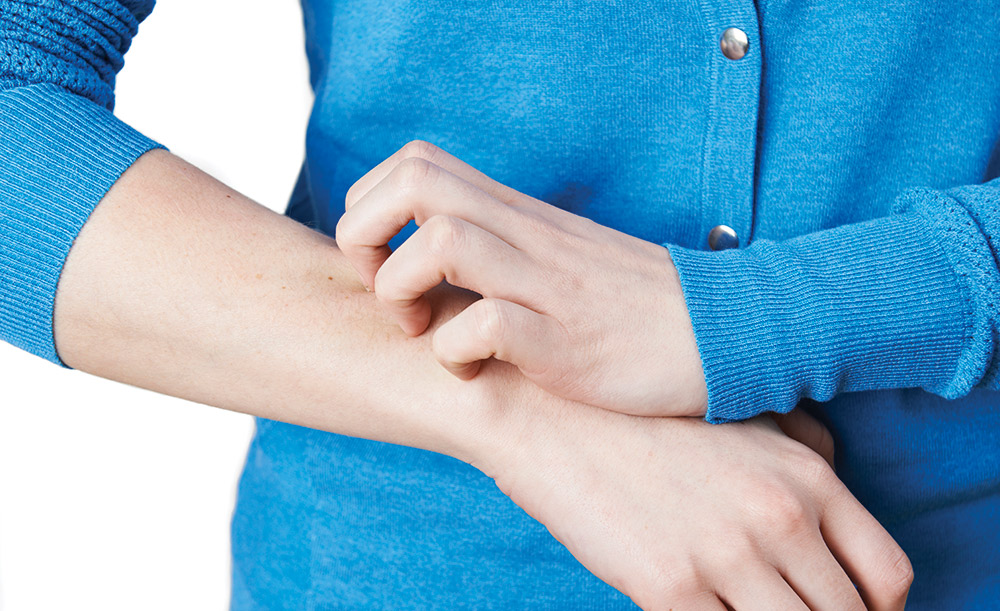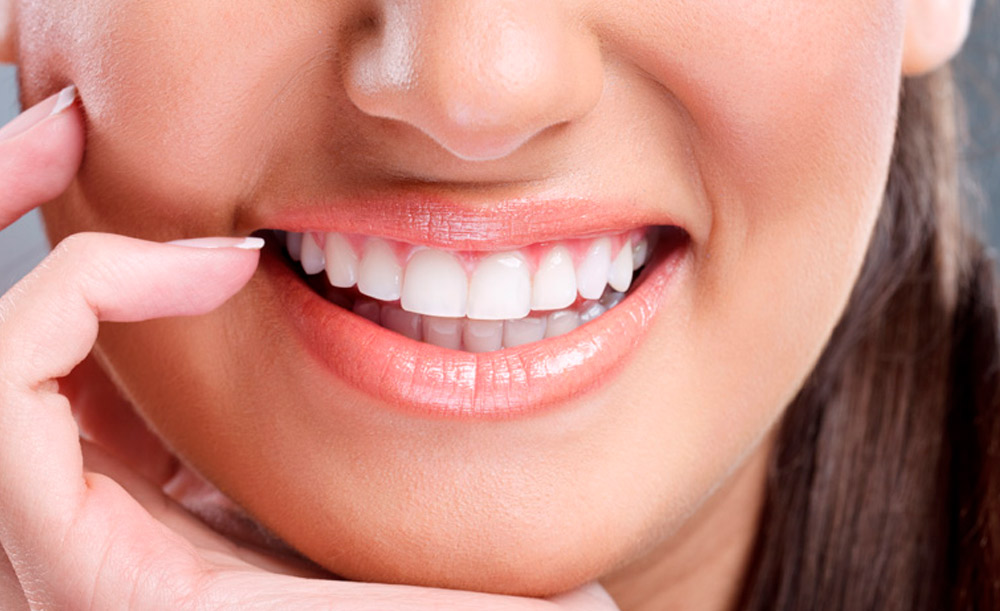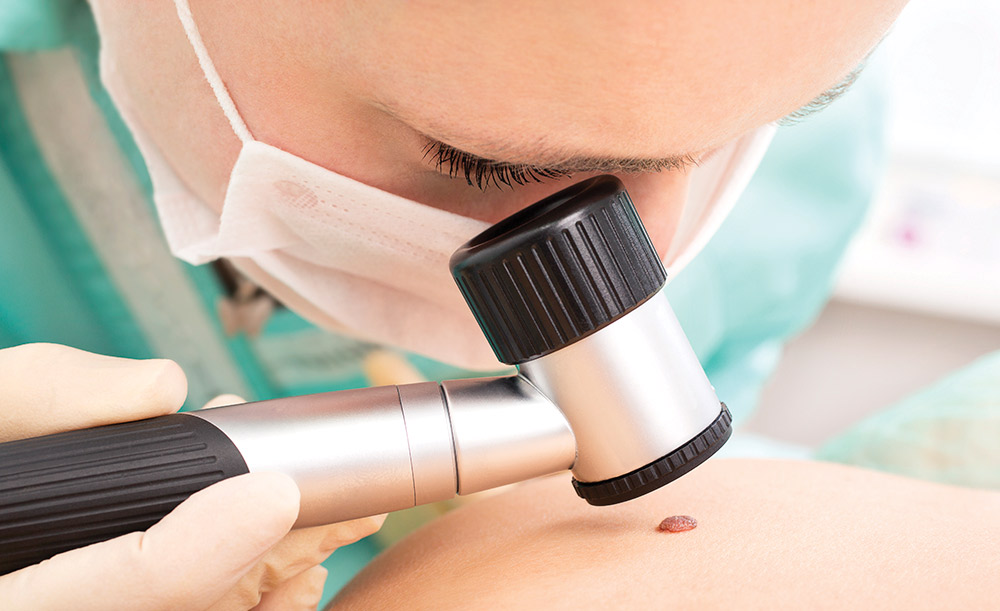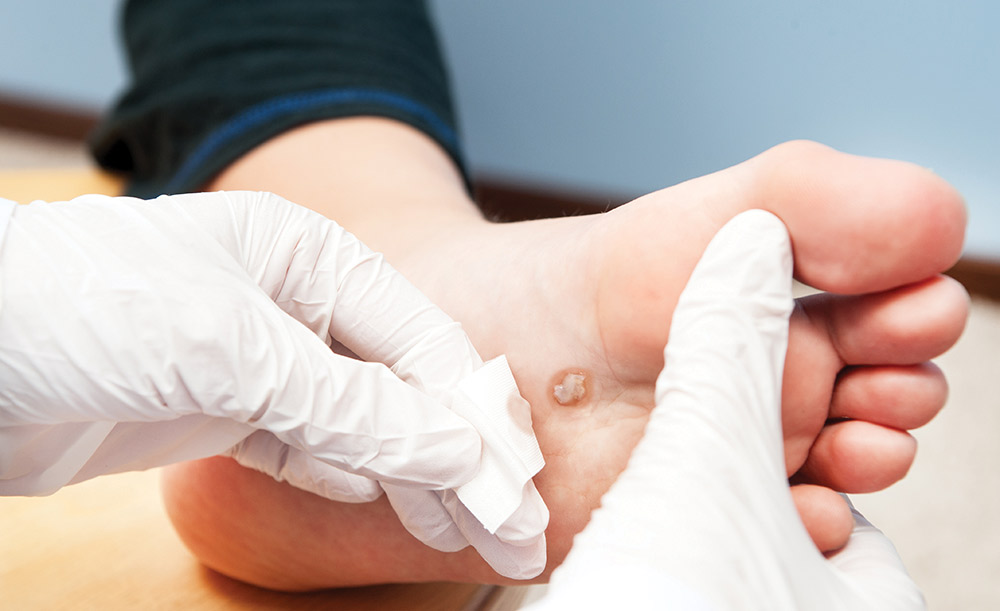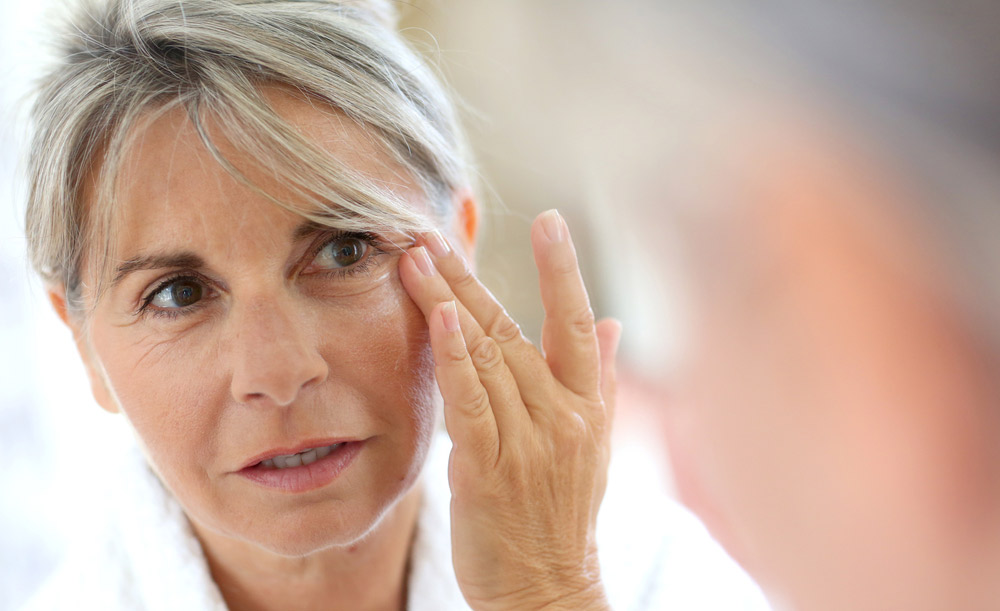Skincare Reston, VA
Psoriasis and rosacea are two common skin conditions that affect millions of Americans. While both conditions are dermatological in nature and cause inflammation, they present with distinguishing symptoms and require different skincare treatments in Reston, VA.
Fortunately, there are a number of ways to address psoriasis and rosacea and achieve symptom relief.
Continue reading if you would like to learn more about skincare in Reston, VA, for rosacea and psoriasis.
What is Psoriasis?
Psoriasis is a chronic skin condition that is characterized by the rapid proliferation of skin cells, which accumulate on the surface and form scaly patches. It is believed to be caused by an overactive immune system.
Most women and men first experience psoriasis between 15-25 years of age, and it can present on any part of the body. In some cases, it is localized and, in others, it is widespread.
Additionally, psoriasis can present with itching, dryness, and discomfort.
What is Rosacea?
Rosacea is a skin condition characterized by transient face flushing. It commonly appears on the face and eyes, but may extend to the neck, chest, and back.
While flushing is often triggered by internal or external factors, some individuals experience persistent redness and visible blood vessels.
Rosacea usually begins between 30-60 years of age, but can occur at any point in life.
Skincare Solutions for Psoriasis
There are a number of skincare solutions for psoriasis that your dermatologist may recommend.
Corticosteroid cream, vitamin D cream, and topical or oral retinoids may be considered as the first line of treatment. Corticosteroids can also be injected in order to alleviate psoriasis symptoms.
Laser-based treatments and light therapy are other viable treatment options.
Skincare Solutions for Rosacea
Skincare solutions for rosacea are often dictated by the symptom or symptoms that the patient is hoping to address.
For individuals who are looking for a way to control redness, brimonidine gel or oxymetazoline hydrochloride cream can minimize erythema for up to 12 hours.
If a patient has been diagnosed with papulopustular rosacea, metronidazole gel, azelaic acid cream, and ivermectin cream may be excellent options.
Oral medications can also be used to manage skin symptoms and may include isotretinoin and antibiotics.
Finally, vascular laser treatments and IPL are noninvasive procedures that can target and reduce visible blood vessels.
Learn More About Skincare in Reston, VA
If you are looking for psoriasis and rosacea skincare in Reston, VA, please contact our office today to schedule a consultation with board-certified dermatologist Dr. Morgana Colombo.

